Is your aquarium heater truly doing its job, or are your finned friends feeling the chill? Discovering whether your aquarium heater is functioning well is crucial for maintaining a stable and healthy environment for your aquatic life. Let’s dive into practical tips, from power checks to fish behavior, to ensure your heater is on point.
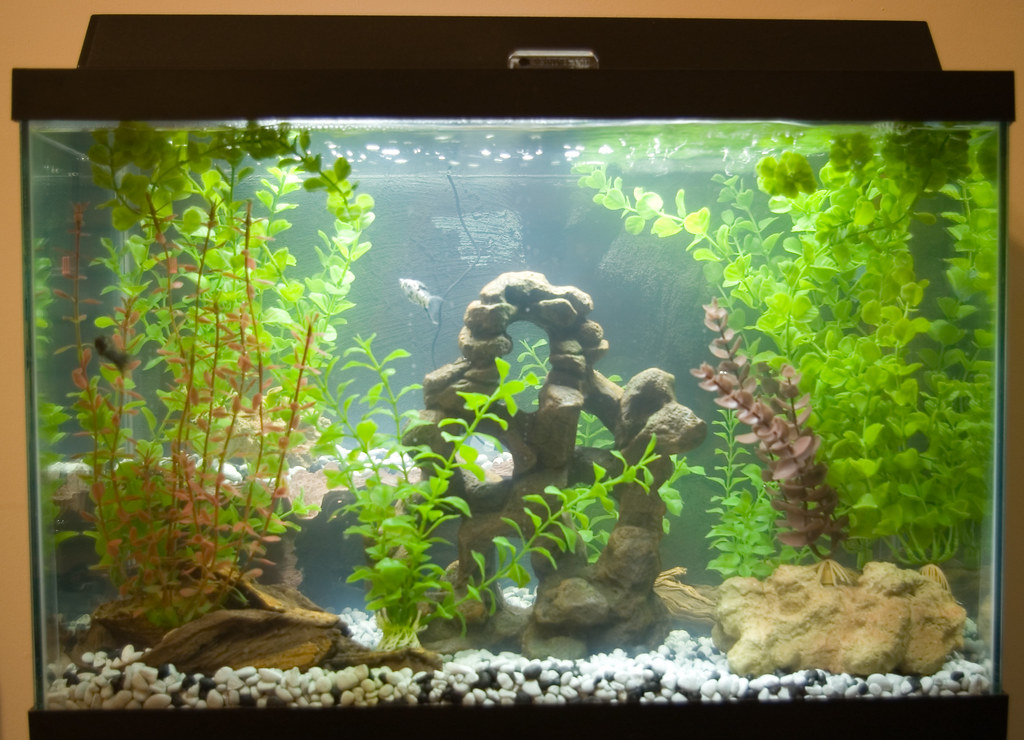
Check the Basics
Before diving deeper, ensure the heater is simply plugged in and switched on. It sounds basic, but these steps are often overlooked. Double-check with another power source if necessary, as multi-socket failures can happen. If the heater is powered but still not working, check the fuse—replacing it might just solve the issue.
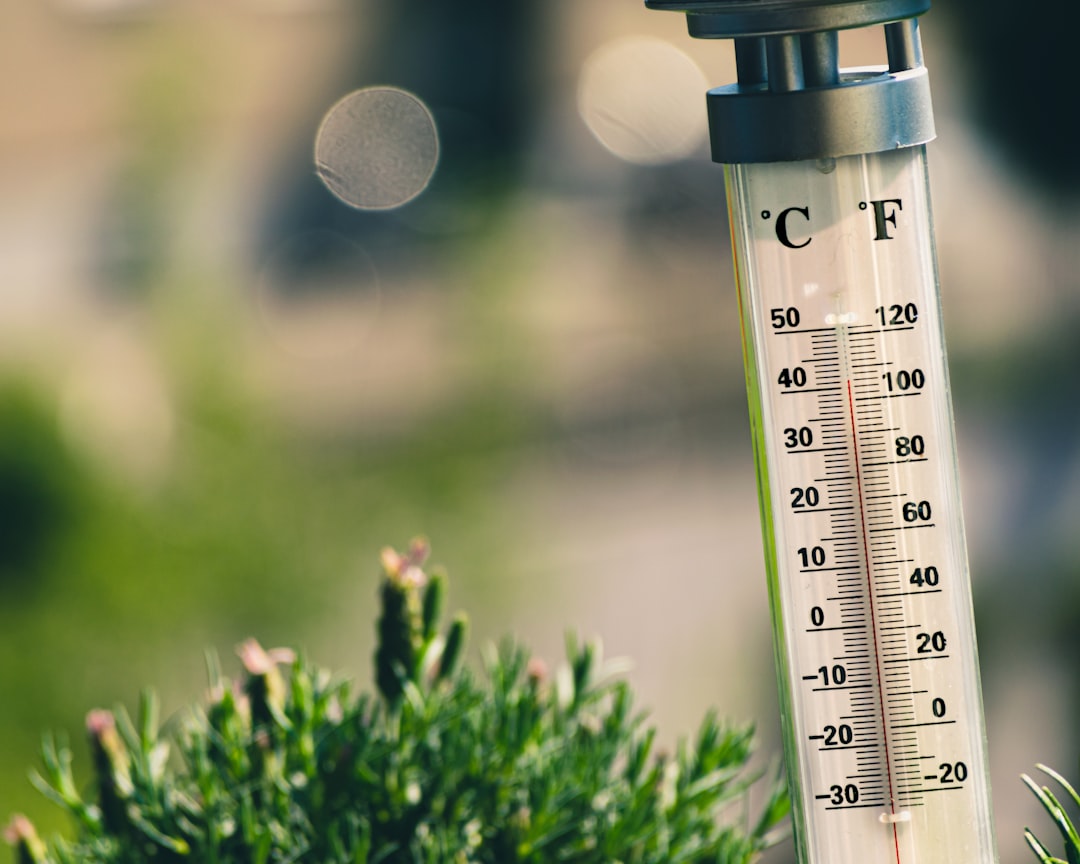
Thermostat and Power Indicator Checks
Most aquarium heaters come with a power indicator light—typically an orange LED—that turns on when they’re heating your water. Watch it, because its on-and-off behavior is normal as it maintains the set temperature.
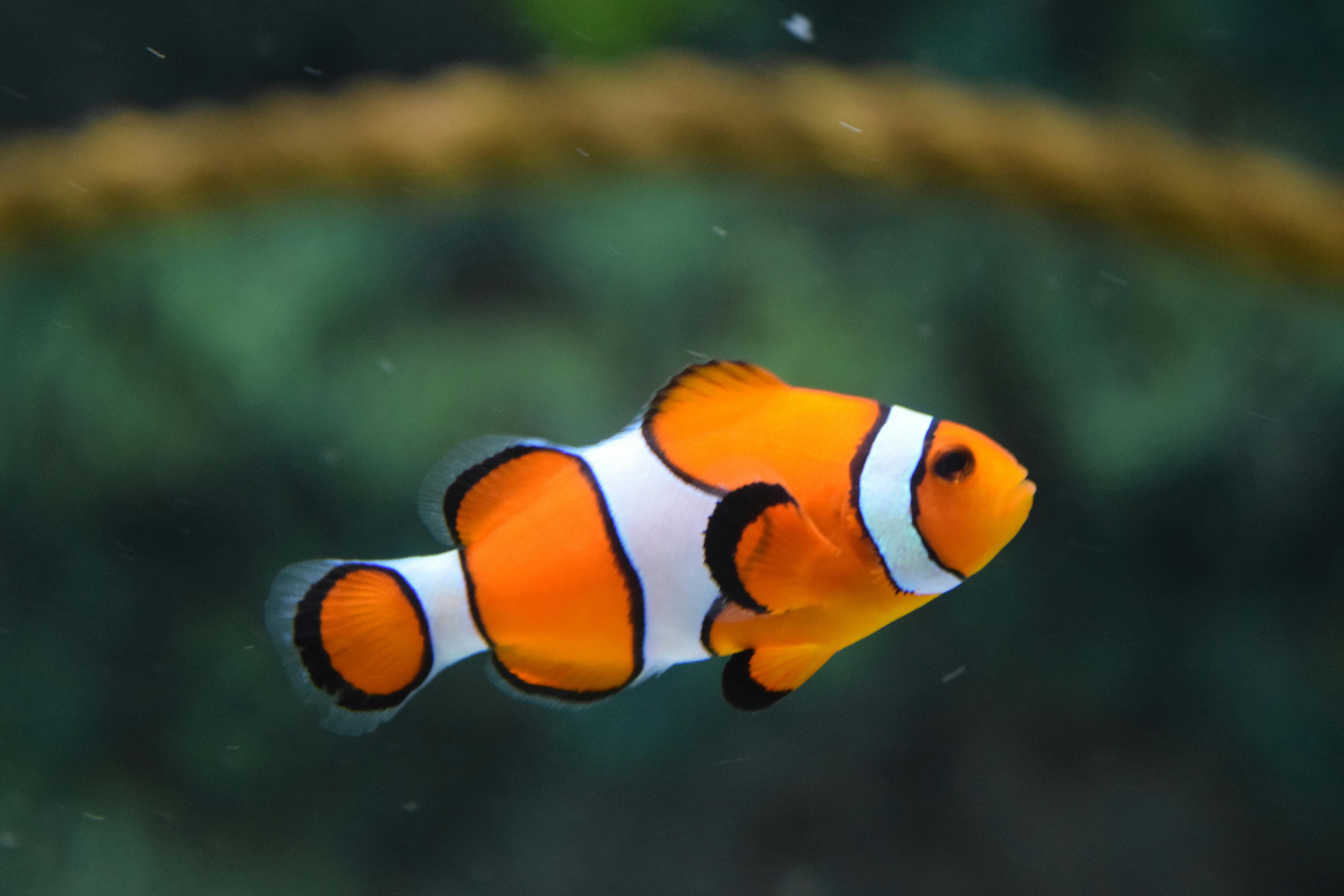
Adjust the thermostat to ensure it's set at the right level for your aquatic inhabitants. If the water temperature is above the thermostat setting, the heater won't turn on, which could be deceiving if you expect constant light.
Temperature and Thermometer Usage
A trusty thermometer is a must-have tool for any aquarium owner. Place it in the tank to verify accurate water temperatures. If there's a discrepancy between the thermometer reading and the heater's setting, double-check the thermometer's accuracy as well. A faulty thermometer could lead you astray, so consider having a backup on hand.
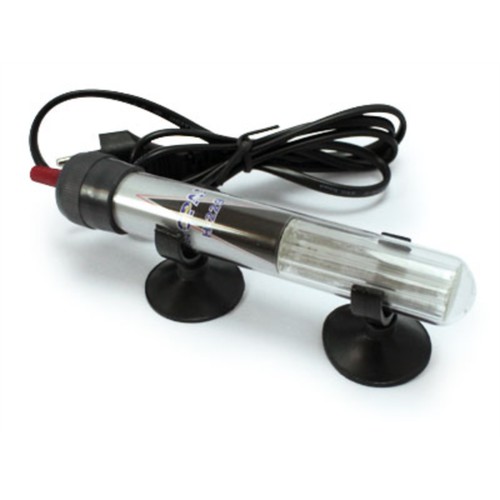
Observe Your Fish
Sometimes, your fish can be your greatest indicator of tank health. Pay attention to their behavior—lethargy or stress might indicate that the water isn’t warm enough. If your aquarium mates look lackluster, it's time to investigate the heater's performance. Also, ensure your heater is ideally positioned at a 45-degree angle to distribute heat evenly throughout the tank and prevent cold spots.
Feel the Warmth
Carefully place your hand near the heater—without direct contact—to detect warmth, a sign of functionality. If there are convection currents around the heater, it’s likely working. However, be cautious, as heaters can get extremely hot.
Consider Your Power Needs
The wattage of your heater must match the demands of your aquarium size. A rule of thumb is at least 1 Watt per liter of water. For larger tanks or tanks situated in cooler areas, you might need double the wattage or even install two heaters for redundancy and even heat distribution.
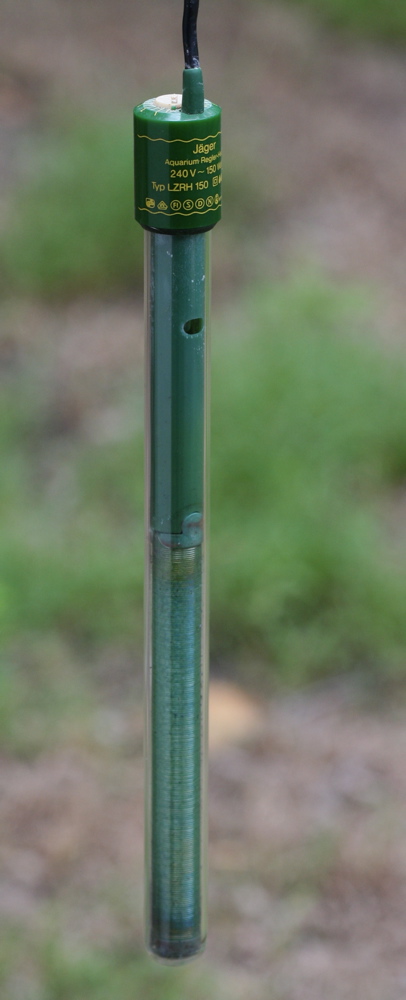
Evaluate for Damages
Conduct a visual inspection for any cracks or burn marks on the heater. Submersible heaters are designed to fail safely, usually in the off position, but visible damage mandates a replacement. Always remember to unplug before removing the heater to avoid any electrical mishaps.
Here’s a brief cheat sheet for your aquarium heater checklist:
| Check | Expected Outcome | Action Required |
|---|---|---|
| Plug and Power Source | Secure connection | Try a different outlet or check the circuit |
| Indicator Light | Intermittent on/off | Inspect or adjust thermostat settings |
| Temperature Consistency | Matches thermostat setting | Verify thermometer, check heater’s wattage |
With these actionable steps, you’ll have peace of mind knowing your aquarium heater is functioning. If you have tetras in your tank, you might also want to check out whether tetras need a heater to ensure their well-being.
Share your own tips and experiences in the comments below. Your insights might just help another aquarium enthusiast keep their underwater world harmonious!
Frequently Asked Questions
How do I know if my aquarium heater is working?
To check if your aquarium heater is working, look for an indicator light which should turn on when the heater is active. Adjust the control dial slightly to activate it, and lightly touch the lower part of the heater tube to feel for warmth. If none of these works, check the water temperature with a thermometer.
How do I know if my aquarium heater is not working?
If the water temperature is either significantly higher or lower than the heater's set temperature, it may not be functioning correctly. Another sign is the absence of faint clicking or humming sounds some heaters make. Use a thermometer to confirm irregularities.
What are common problems with aquarium heaters?
Common problems include the heater not turning on due to power issues, malfunctioning thermostats that fail to maintain the set temperature, and cracks or damage caused by improper submersion or rough handling. Regular checks can prevent these issues.
How can I improve the lifespan of my aquarium heater?
To improve the lifespan of your aquarium heater, ensure proper installation with adequate submersion, avoid using it near strong water currents, and clean it regularly to prevent buildup. Periodically check for wear and tear or cracks to address problems early.
Do aquarium heaters need maintenance?
Yes, aquarium heaters require occasional maintenance. Clean the exterior to remove algae or residue, ensure electrical connections are safe, and check for physical damage such as cracks or weakened seals. This helps ensure long-term performance and aquarium safety.
Wrapping up, ensuring your aquarium heater is operating efficiently is essential to keeping your aquatic buddies cozy and content. We hope these tips help you maintain a happy underwater home! For more aquatic tips and to share your own fish tales, don't forget to follow us on our Instagram for daily inspiration, splash around with us on Pinterest for creative ideas, and join the conversation on X and Facebook. We love connecting with fellow fish enthusiasts, so dive in and say hello!
